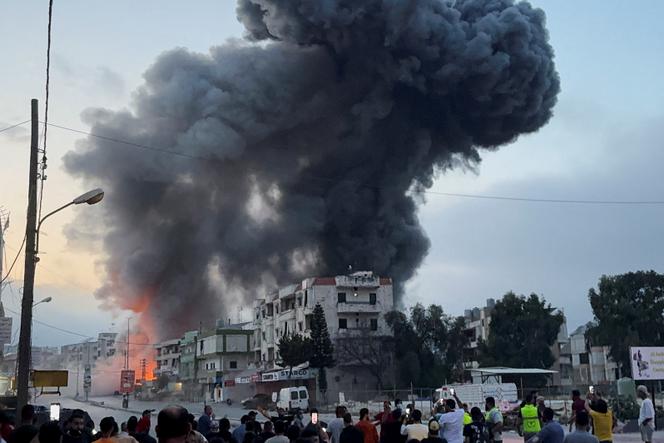


Lebanon should be in a post-conflict phase, six months after the asymmetric war between Israel and Hezbollah officially ended. Yet that is far from the case, as illustrated by mounting concerns over security for the municipal elections due to be held in the south of the country on Saturday, May 24. On Thursday night, the Israeli army shelled the region, ahead of a vote that Hezbollah hopes will serve to show it has popular support.
The end to hostilities, as provided for by the ceasefire agreement that came into effect on November 27, 2024, has been one-sided: Israel has continued to resort to violence, most often through drone strikes and artillery fire. From Lebanon, only three incidents involving rockets fired at Israel or the disputed Shebaa Farms area have occurred since the truce started. Of those three, Hezbollah has claimed responsibility for one, conducted in December 2024.
The Israeli army's stated strategy has been to destroy the capabilities of Hezbollah, the Iran-backed Lebanese armed movement. It has continued to eliminate its fighters, after having decapitated its leadership in the recent war. Yet civilians have also been killed or wounded in these recurring strikes.
You have 84.54% of this article left to read. The rest is for subscribers only.
